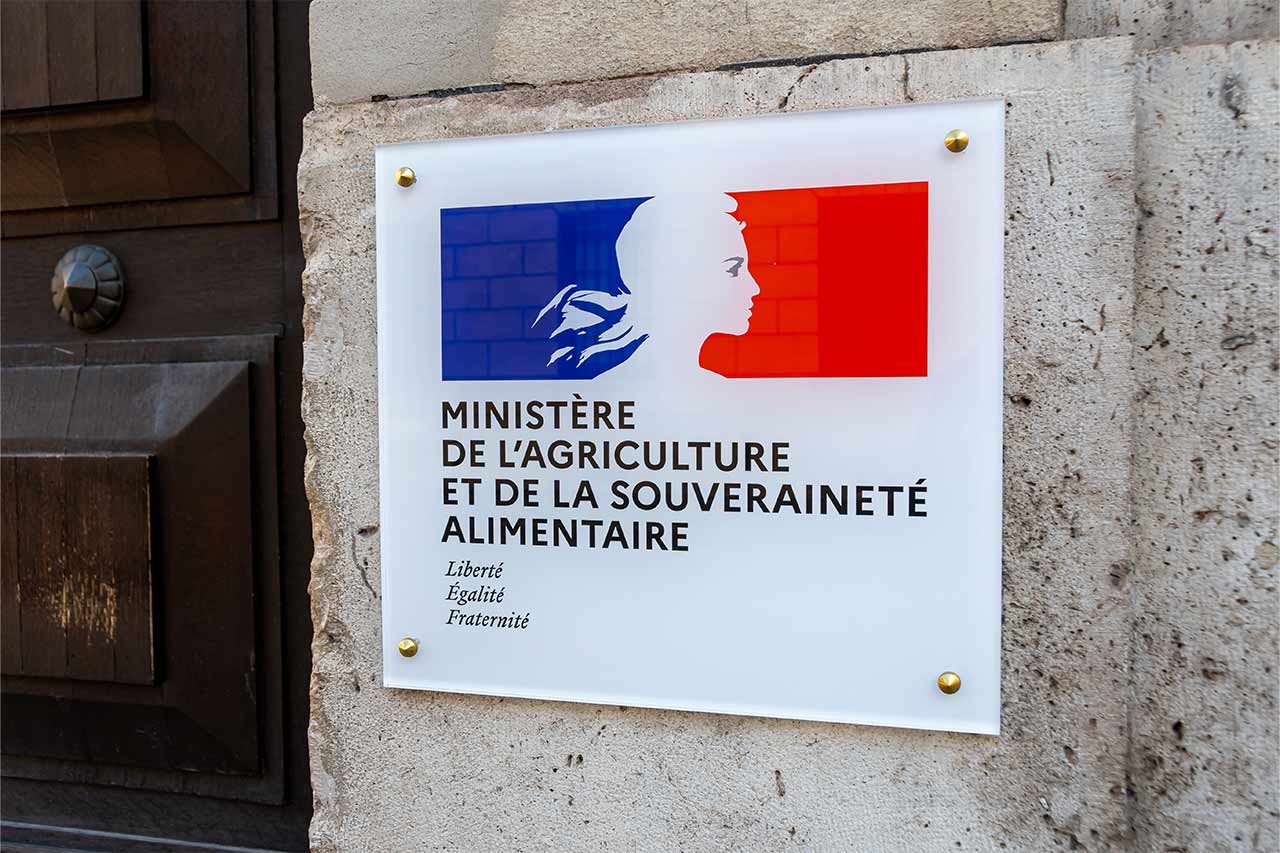Energy - Environment - Mobility
What if reaching carbon neutrality allowed France to become energy independent?
What if decarbonizing our energy production was a lever for achieving greater energy independence for France?

Sovereignty is a very hot concept in French and European strategies. The recent context of multiple health, geopolitical and climatic crises has highlighted the need to build sovereignty at the territorial, national and European levels in strategic sectors such as health, energy, food and digital. The concept of sovereignty even appears in the new name of the Ministry of Agriculture, which recently became the “Ministry of Agriculture and Food Sovereignty”. Before Covid-19 and the Ukraine war, sovereignty, and in particular food sovereignty, was not a priority in our globalized system with established regional specializations. Food security seemed to be an obsolete issue for Western countries. A real paradigm shift has taken place and the war in Ukraine has accelerated the process. The concept of sovereignty refers to different notions, such as autonomy, self-sufficiency, security, independence, power, or even supremacy, and is sometimes assimilated to them. Alcimed questioned the definition and the means to ensure food sovereignty at the level of territories.
In 1996, at the World Food Summit in Rome, La Via Campesina (international peasant movement) introduced a definition of food sovereignty:
“Food sovereignty is the right of each country to maintain and develop its own capacity to produce its own food, an essential factor of food security at the national and community level, while respecting cultural and agricultural diversity.”
Food sovereignty is to be distinguished from food self-sufficiency. It’s a question of achieving partial autonomy over essential production, goods and services in order to ensure food security. It’s not a matter of closing in on oneself, but rather of not being subjected or conditioned to the decisions of other regions of the world in essential strategic sectors. It’s also a question of breaking as much as possible situations of territorial hyperspecialization in the production of raw materials (agricultural, energy or other) or in the provision of essential services (e.g. digital services).
A policy of food sovereignty therefore implies a threefold strategy: for what can be produced and consumed locally (development of local production channels, agricultural innovation), for what cannot be (by securing flows and diversifying sources of supply) and for what can contribute to the food security of other territories (exports).
“Resilience requires diversity. We need short and long circuits, local and non-local. This rebalancing needs to be controlled, we need to know more about the origin of the products we consume, and we need to relocalize and establish inter-territorial partnerships, in France as well as internationally, in order to transform sudden dependencies into chosen partnerships.” Yuna Chiffoleau, researcher at INRAE.
The challenges for the agricultural and food sectors are therefore located at all levels of the value chain: in the innovation ecosystem, production, processing, distribution and supply channels.
Learn more about alternative protein opportunities >
The opportunities for companies and territories linked to the deployment of a policy of food sovereignty are major: as part of the France 2030 financing plan, 300 million euros have been earmarked to support projects that will strengthen our agricultural and food sovereignty and accompany the transformation of the sector. This call for projects is aimed at agri-food and agricultural companies as well as the industry.
For example, 80 million euros are dedicated to the implementation of territorial food plans (PAT). These plans are also an opportunity to develop new strategic production sectors in our territories. Indeed, they promote the relocalization of agriculture and food by supporting the installation of farmers, short circuits or innovations in collective catering.
Finally, building food sovereignty by rethinking our agricultural and food systems can also be an opportunity to accelerate the fight against climate change.
Food sovereignty is a major issue for our territories and politicians are increasingly taking up this subject. There is still a lot of leeway for the implementation of concrete solutions. Many solutions are possible, from technological innovation to the deployment of strategic action plans. Our team can assist you in your projects, from the search for funding, to the identification of trends and developments in the agri-food and agricultural markets, and to the definition of your strategy. Tell us about your project!
About the author,
Roxane, Senior Consultant in the Public Policy Innovation team of Alcimed in France